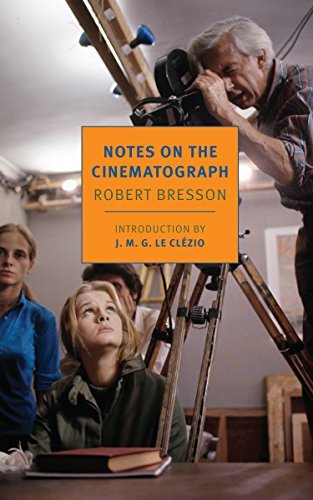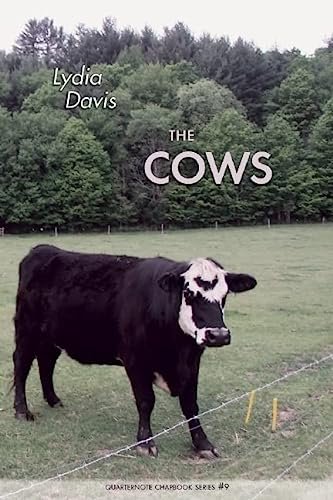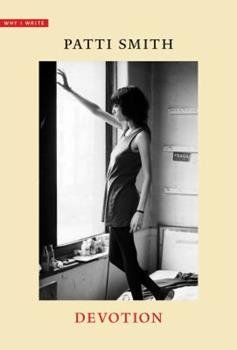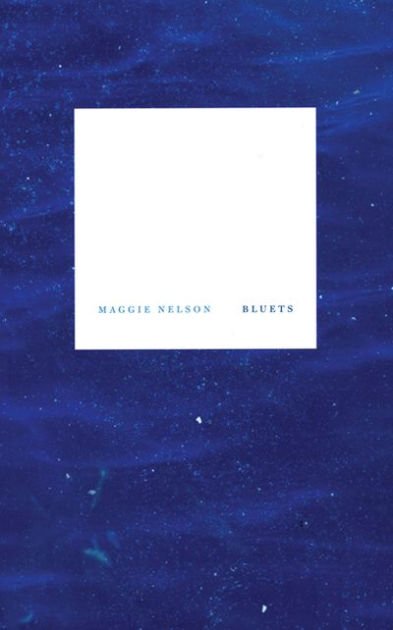“Quick reads for summer hours.”
I can think of only one instance in which I read a book in a single sitting. It was Julian Barnes’ Sense of An Ending, which is 163 pages of searing self-reflection, jarring past-contention, and kernels of life advice that, for those few hours, exploded my presumptions of self. However, Virginia Woolf’s Between the Acts, a 173-page lyrical novel I picked up during a reading slump, thinking I could entrust to one of the literary greats the motivation to thrust me back into a phase of reading, was barely legible to me. Written in sporadic verse, with a plot somehow more ambiguous than the rest of Woolf’s novels, I spent seven weeks trying to forge some kind of connection with that sheath of distracted fiction.
It has to be the right short book to get you back on the horse, is what I’m saying, the right rebound to whet the appetite. The passerby community has given us as much, with recommendations that span from coffee table books to autofiction to graphic novels. These will recharge your mental batteries, revitalize the literary stamina you need to tackle Anna Karenina or finally return to A Little Life. But those are behemoths for the winter. For now, we want balcony reading: something to sift through in the long golden hour, slurping mint lemonade with our shades on.
Un Amor by Sara Mesa
Recommended by @_eka_an
Lauded writer Sara Mesa takes us to the tiny, remote Spanish village of the aptly named “La Escapa.” Here, the character Nat chips away at work on a literary translation while steeped in the complicated, claustrophobic nature of small village living. Mesa reveals in her writing the tireless internal language of alienation and the drastic extremes of the soloist female experience.
Intimations by Zadie Smith
Recommended by julia harrison
Zadie Smith’s Intimations came for me at just the right time, which is to say in the darkest phases of the pandemic, sitting in the CVS drive-thru line three times per week to stick a q-tip into my brain and wait four days to hear if four days ago I’d had COVID-19. This tiny book of essays explores the feelings of despair, alienation, fear, and reflection that occurred in all of us in our individual capacities throughout the pandemic. Smith writes, “What I’ve tried to do is organize some of the feelings and thoughts that events, so far, have provoked in me, in those scraps of time the year itself has allowed. These are above all personal essays: small by definition, short by necessity.” In this sort of glazed-over aftermath we exist in now, Smith allows us to sort through what it was we felt, thought, missed, and were afraid of.
Notes on the Cinematograph by Robert Bresson
Recommended by @kavaberries
This book blurs the lines between a meditation on and theory of cinema, all together characterized as “notes to self” by French film director Robert Bresson, lauded for his 1950s films Diary of a Country Priest and A Man Escaped, and most widely known for his minimalist approach to filmmaking under the German occupation of Paris. Deemed philosophical, poetic, and “a manifesto on filmmaking,” this 112-pager was described by the New York Times as “a loosely grouped succession of aphorisms and Zen koans.”
The Cows by Lydia Davis
Recommended by @alisha.b1
No animal better represents the enigmatic, quiet, imperceptible, internal worlds of being than cattle. Lydia Davis demonstrates as much in this chapbook containing rigorous and sympathetic observations of three cows that live across the road from her. She evaluates their mode of being by watching them each day, and says of the experience in an interview, “I have studied Zen buddhism quite a bit and I know about the ideal, about being able to empty one's mind and simply be without busy activity, so I suppose that I envy them a little bit that they have achieved that without even trying."
Devotion by Patti Smith
Recommended by @erinmcmath @96tilnicole
In this genre-ambiguous work (philosophy? travel writing? memoir? literary theory?), Patti Smith explores why it is she writes, how she writes, and what she does with her writing. Smith shows us the complexity of her own mind and creative brilliance, how at times she is inspired to create and other times she stumbles right into it. This book is as much about craft as it is about memory, identity, and the wandering, fearful, ambitious path of the inner self.
The Possession by Annie Ernaux
Recommended by em seely-katz
This polarizing, abrupt read is a life preserver for those among us who have experienced the indulgent side of cathectic frenzy, who relate to the “madwoman” in Jane Eyre’s attic more than the titular heroine, who have ventured too far down rabbit holes of obsession, emerging into a state tinged both by shame and a transcendent ecstasy. Ernaux dutifully reports, in clipped prose, all the details of her fixation on the woman her ex-husband (whom she left after an 18-year marriage) started seeing after the breakup, from pride-less pseudo-stalking to nearly clinical evaluations of her own mental state, redeeming even the most abject moments as aesthetic potential.
Other recommended Ernaux titles are Simple Passion and The Years, which you’ll find on the front table of every bookstore these days, having just won the 2022 Nobel Prize for Literature.
Kick the Latch by Kathryn Scanlan
Recommended by @elizahamburger, @drexciyamoonstar
Resident (and former) horse girls recd us this book about a horse trainer as she lives and works at a racetrack. “Scanlan makes art about ordinary living — ordinary people, ordinary days, ordinary events — by distorting it,” Leslie Jamison writes in a review for the New Yorker. The book is based on a series of interviews Scanlan conducted with a full-time horse trainer and written in a series of lucid vignettes that articulate the oscillation between high-brow and low-brow in the racing world, the intense pendulum swinging between victories and losses, elite parties and foul motel stays. For the shortest short story enthusiasts, Scanlan also has a book of forty short stories fit into just 140 pages, The Dominant Animal.
Franny and Zooey by J.D. Salinger
Recommended by julia harrison
Okay, it’s 201 pages, but far be it from me to forego recommending my all-time favorite book when given the opportunity to share a quick read. This was the most brilliant, erudite, emotional read of my life, following the interactions of a brother and sister much too smart for their own good as they navigate making peace with their inclinations to artistry and performance. Throughout, the book explores the aching question: Who are we performing for? And why, exactly?
Bluets by Maggie Nelson
Recommended by Eva Berovsky, Clio Reynolds, @hope, @quinnrkelley
You’ve likely heard of Nelson in the context of her many successful titles, including The Argonauts and her essay collection On Freedom, but Bluets launched a thousand literary ships with its stylistic approach to memoir and its careful, personal account of gender fluidity, acknowledging its wide network of experiences and expressions.
Convenience Store Woman by Sakaya Murata
Recommended by @imliliaamdoune
18-year-old Keiko overcomes her feelings of alienation by finding purpose in her work at a convenience store. At the konbini, she feels comfortable in the social and systematic patterns of her job, but 18 years later, still working at the convenience store, others begin to pressure her to take action in her life, to disrupt her own comfort in the search for “normalcy.” The narrative follows a 36-year-old Keiko as she tries to model her life upon society’s expectations: Meet a man, live with a man, start her professional career, before ultimately deciding — well, you’ll see.
Elena Knows by Claudia Piñeiro
Recommended by @gnuoymas
The daughter of our protagonist, Elena, is found dead in a church and the police barely blink twice before closing the case. Elena, as a result, takes it upon herself to solve the case (Three Billboards, anyone?), and in the process of unveiling the mystery, Piñeiro reveals illuminating commentary on womanhood and aging, bodily autonomy, and Argentinian politics.
Words by julia harrison












